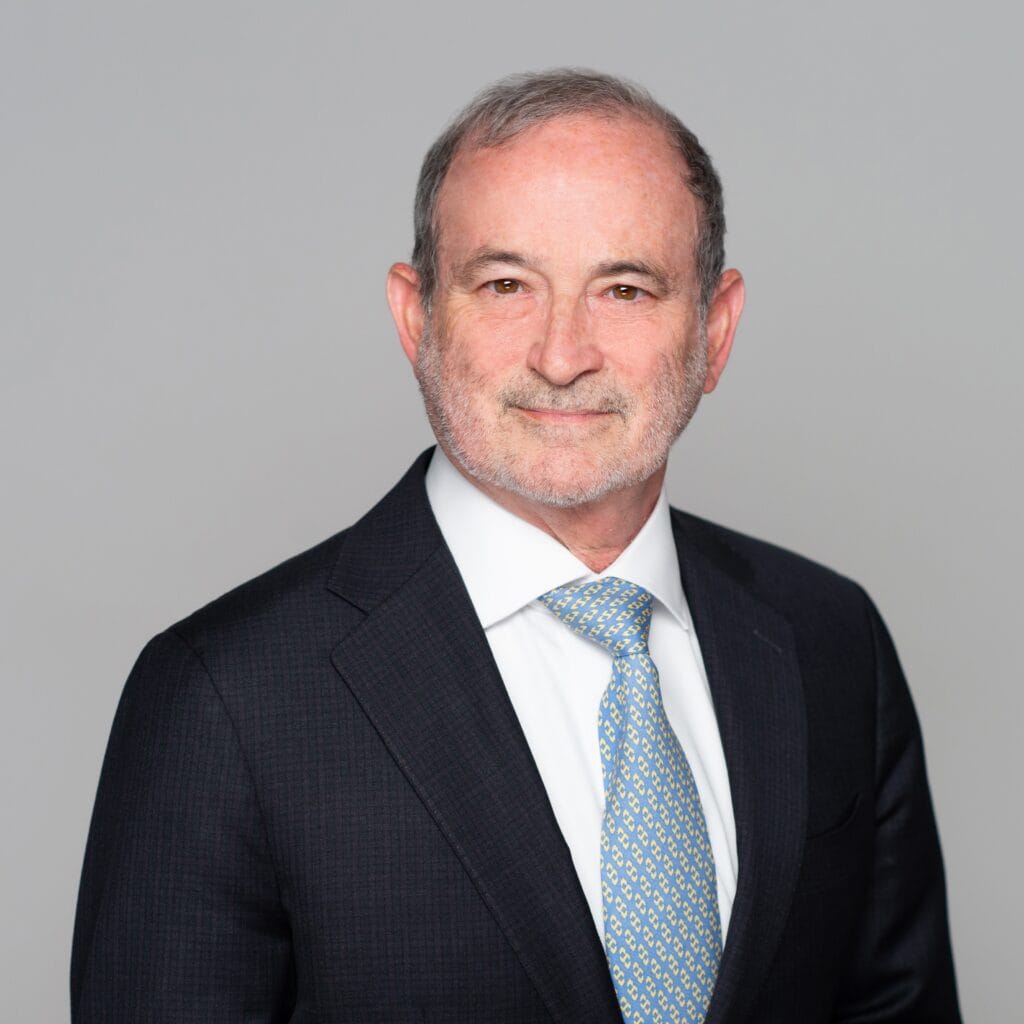October 8, 2024 - A recent decision by the United States Court of Appeals for the Third Circuit in the Hertz bankruptcy could have important implications for corporate credit. While ruling that debtors are not required to pay contractual “make-whole” payments, it also ruled that solvent debtors are required to pay interest at a higher market rate rather than at a typically lower federal judgment rate.
As noted in a helpful memo from Schulte, Hertz had issued $14 billion in prepetition unsecured notes that contained make-whole premiums triggered upon acceleration of the debt by its bankruptcy filing. Since the plan of bankruptcy purported to leave the noteholders unimpaired, the noteholders were deemed to automatically accept the plan. The plan proposed paying the noteholders post-petition interest at the federal judgment rate and provided that they would not receive any make-whole premiums. The noteholders objected, were overruled, and appealed directly to the Third Circuit.
The court ruled that make-whole premiums were subject to Section 502(b)(2) which prohibits claims for “unmatured interest” and that Hertz, which was solvent (it had paid all claims and even returned value to its shareholders). The Court also ruled that the “solvent debtor exception” required Hertz to pay contract-rate interest (including the make-whole premiums) before making distributions to equity, consistent with the Bankruptcy Code’s absolute priority rule.
For a deeper analysis of this important case, please see the Schulte memo as well as another memo from Morgan Lewis.






